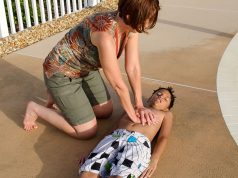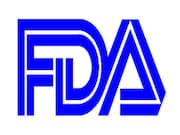Online Intervention May Cut Unnecessary Primary Care Visits
Findings based on reduction in a mother's intent to attend clinic for pediatric respiratory tract infections
Rapid Cycling Work Roster Improves Resident Sleep Practices
In addition, decreases seen in weekly work hours and in the occurrence of >16 consecutive hour shifts
WHO: Estimated Incidence of Curable STIs 376.4 Million in 2016
Estimated 127.2, 86.9, 156.0, and 6.3 million cases reported for chlamydia, gonorrhea, trichomoniasis, syphilis
Dietary Supplements May Up Risk for Severe Medical Events
Increased risk seen in association with supplements sold for muscle building, energy, weight loss
Emgality Receives First FDA Approval for Treating Cluster Headache
Patients treated with Emgality had 8.7 fewer cluster headache attacks at 3.0 weeks versus 5.2 with placebo
App Helps Pediatric Asthma Patients, Parents Self-Monitor
With one year of use, improvements seen in asthma outcomes
No Evidence of Legacy Effect Seen for Intensive Glucose Lowering
Findings based on 15-year follow-up study conducted among veterans with type 2 diabetes
Lowering Cholesterol Levels May Worsen Nerve Damage in T2DM
Higher number of nerve lesions, declining nerve conduction velocities and amplitudes seen
Workplace Exposures Contribute to Burden of Respiratory Disease
Substantial contribution seen to burden of diseases including asthma, COPD, chronic bronchitis, fibrosis
Carotid Atherosclerosis Predicts CV Events in Psoriatic Disease
After controlling for Framingham Risk Score, TPA, mean and max cIMT predict incident CVEs



















